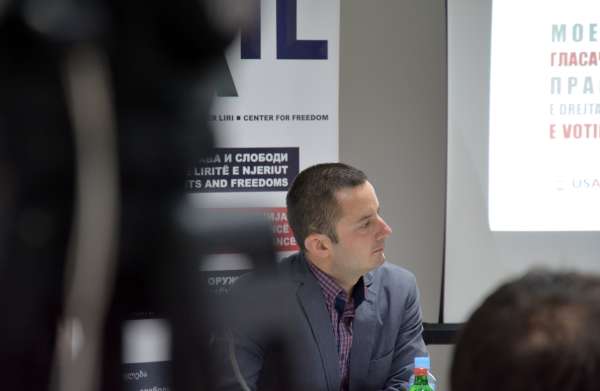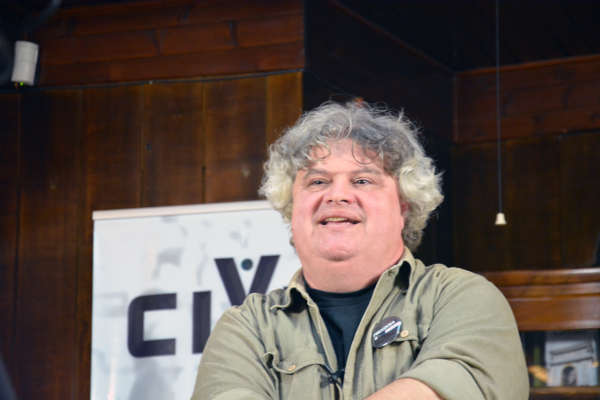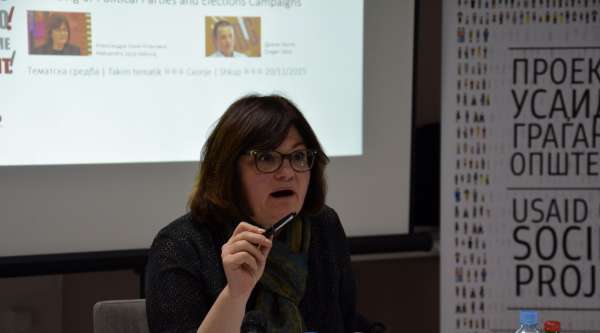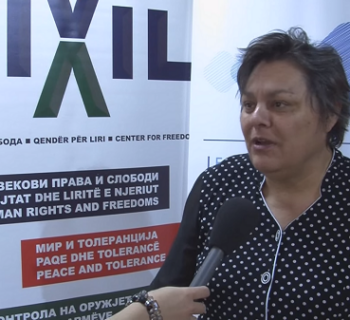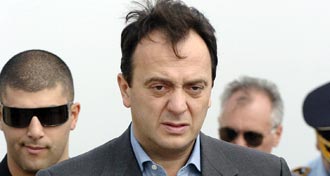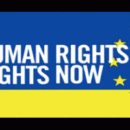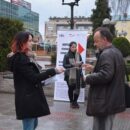CIVIL - Center for Freedom held a thematic meeting on "Financing of political parties and election campaigns", which included an expert team from Republic of Croatia as guests. The meeting was held in Skopje on November 20, 2015, within the framework of the Project "My voting right". The project has been made possible with the support of the American people through the US Agency for International Development (USAID) within the USAID Civil Society Project.
The expert team, Ms. Aleksandra Jozic Ilekovic from the Centre of Excellence within the Croatian Ministry of Foreign and European Affairs and Mr. Dragan Zelic from GONG, shared the experiences of Croatia, which not too long ago had similar experiences and challenges as Macedonia.
Mr. Zelic spoke of the “Sanader Case”, which used to raise and still raises particular interest also among the Macedonian public, as well as of the need for transparent financing of parties and an even more transparent spending of those funds.
[youtube width="600" height="400"]https://www.youtube.com/watch?v=sp1YHV2t1ZI[/youtube]
“Today's topic is financing of political parties and campaigns, and I believe that unfortunately, you all know the case of the financing of political parties. Croatia had a traumatic experience, which is still ongoing, in regards to the non-transparent financing of political campaigns of the then ruling party HDZ and, unfortunately, the former prime minister is still in custody and a juridical process has been initiated against a political party. And that is a serious matter. We had warned about this previously, but there was no reaction when it was needed. Now we can criticize Ivo Sanader from this perspective, and condemn HDZ, but we need to see to it that these things do not happen again and we need to draw some lessons out of it. Not only HDZ, but also all the other political parties, institutions, media and associations. Such things should not be repeated. In short, we went through all of that.
We all know how important the role of money is in politics. Without any funds, you can not organize a campaign and inform the voters. Here, there is no need to be a demagogue and talk against the political parties. Parties are one of the topics of democracy and indeed they should be financed. They have to communicate with the voters, to convey their message, however, everything should be transparent. It is all right for you to spend money, to receive money, but you need to report who is financing you, because we need to know what is happening.
Among else, one of the conditions, for closing the chapter on the judiciary in Croatia for the needs of EU membership, was for us to sort out the financing of political parties and campaigns. In particular, to resolve the issue so that money could not be drawn from public enterprises. It is not permissible to engage companies for the purpose of public procurements, which then return the money to parties or end up in private pockets.
Institutional supervision is needed, which must be independent. It must not be under political control. If you park incorrectly, you will get a penalty without a problem .. The state will react quickly, however, if you make bigger manipulations then I think it will be a bit more difficult.
Therefore, if the institution can punish us for parking incorrectly, then let it also punish the party if it is manipulating with large amounts. I remember a statement that Sanader made saying that elections are won with one third of the money on the table and with two thirds under the table! If this is happening, then not all are equal in the competition, some have access to public money and are withdrawing them, and some have not, so then there are no minimum conditions for fair elections.
We must have institutional supervision, which unfortunately, did not function in Croatia. It was after Jadranka Kosor took over that the state prosecution gave excellent results, which was crucial.
As far as I know, you have a special public prosecutor and I believe she has a great responsibility. However, the responsibility is not just in the institutions, but also among the NGOs. Here, we have CIVIL, which is working outstandingly. You need to put that topic on the agenda, because it is of public interest - to force political parties to be transparent and show their accounts. At this point, the media also play a major role. We in Croatia cannot do anything in regards to that matter without the media. With all the shortages, because nobody is perfect, the media recognized the importance of these topics and they are to credit for strengthening the transparency regarding that issue. The media is interested and has eyes wide open in regards to the financing, as was the case with the last parliamentary elections in Croatia.
I think that the media in Macedonia too, will recognize the importance of this topic and will reinforce their roles as observers. I wouldn’t say that the media should only inform, entertain and educate, they also need to carry out control, because that is important for a healthy democracy. It is important for the media and institutions to observe and to leave the institutions to independently do their job. I believe that is when we will have very transparent reports on the financing of campaigns, we will know in whose interest certain decisions are made, whether in the interest of the donor or in the interest of retaining power”.
This post is also available in: AlbanianMacedonian
 Македонски
Македонски Shqip
Shqip English
English
